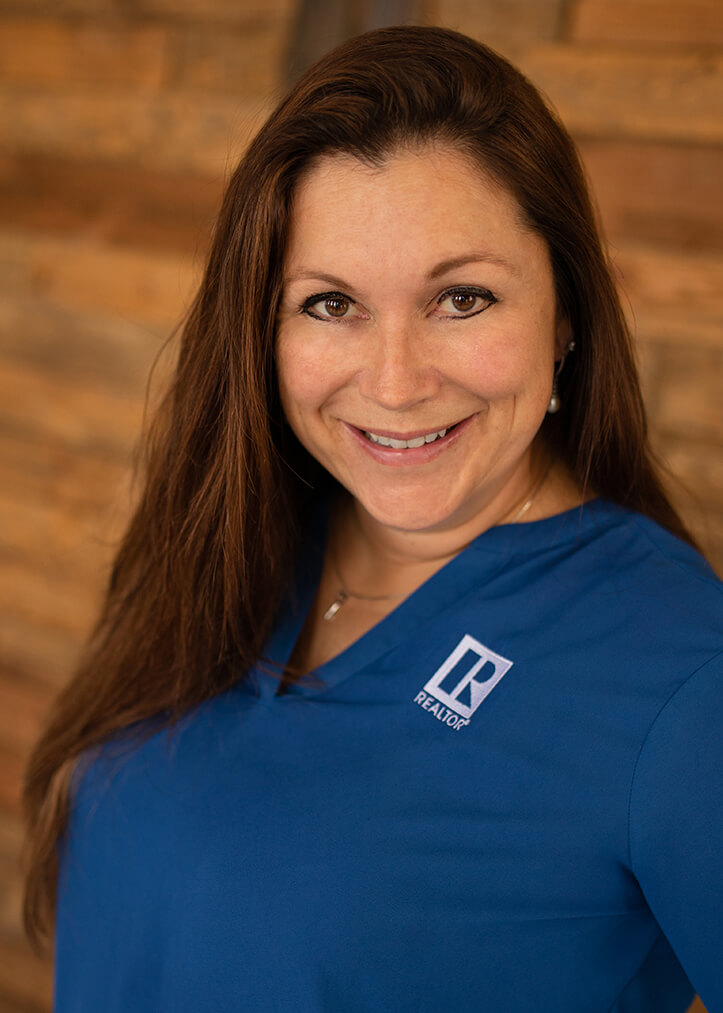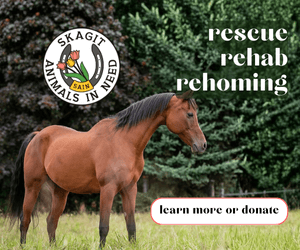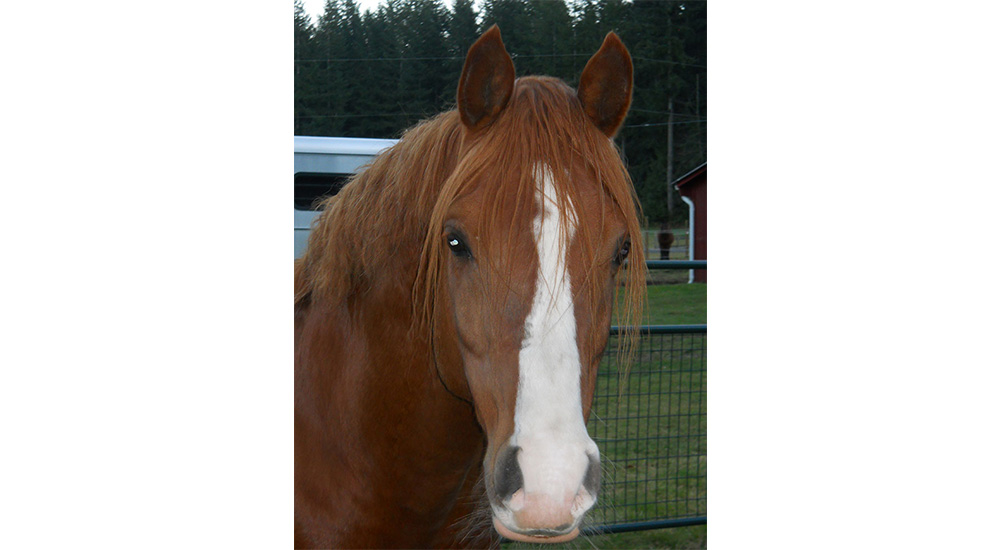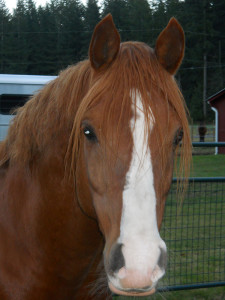Ten Truths to Share About Horses and Training
by Allison Trimble
During my pregnancy sabbatical from riding, I have had hours of stall cleaning time to ponder my equine journey. This has been a great opportunity to plan a path for the next stage of Life with Horses. The philosophy behind horse training is important to me, and it has been nice to get a little distance to gain perspective.
I have been thinking a lot about advice I’ve received over the years, and the truths I have learned about horse training. Here are the most valuable ones; perhaps they will offer you similar inspiration and clarity.
- If a horse improved 1% a ride, he would be finished in 100 rides. I heard this years ago during a frustrating moment with a futurity horse. A futurity horse is lucky to be ready to step in the show pen after 18+ months of focused training. This is a reminder that it takes time to train a horse, and that growth is not always steady improvement. Be patient and keep your expectations realistic.
- If a maneuver can’t be performed slowly, it certainly can’t be performed fast. In speed events, or highly specialized events such as reining and working cow horse, riders often add speed before the horse has a good understanding of the task at a slower speed. Only after a horse has mastered a task at slower speeds should he be asked to go faster. We must crawl before we walk.
- If a horse can’t perform a maneuver in a smooth snaffle, then he doesn’t really understand it. There are many reasons to progress into different bits, but the main reason should always be that the horse is has become proficient in a current bit and is ready to advance to more subtlety. Too often “shortcuts” are taken in the training process. Remember, eventually there are no more bits to “fix” a problem.
- An ounce of heart beats a pound of talent. I cannot count the number of times I have seen a horse win because he had more heart, not because of raw ability. Never underestimate the value of try in an animal, or person.
- Softness in a horse is not built on the absence of pressure. A soft horse is created because he has been shown the difference between heaviness and softness, and has been allowed to choose a softer handle. The rider must be effective, clear and well timed to create true softness. It is the result of understanding, not pounds of pressure.
- It takes more skill to properly use a training device than not. Martingales, draw reins, specialty bits and all manner of other gadgets have a place in training. Unfortunately, they are seldom used with understanding hands and proper timing. Inevitably, what leads riders to training devices is the very thing that makes them dangerous. If used as a Band-Aid, they will never be truly effective.
- Don’t train with a set jaw. Anger and frustration are enemies of good horsemanship. When patience and rational thought leave, so does timing. Don’t allow your emotions to play any role in the ride.
- What is good for the rider is not always good for the horse. I see this most often when working on drills or maneuvers. When a rider is trying to become more proficient, he may feel the need to practice more, but the horse’s training needed to stop and a release given much earlier. Always be mindful of the needs of the horse, first, and find other ways to gain the additional time or experience needed for the rider.
- Don’t ruin a great horse over a small shortcoming. I have seen many amazing horses trashed by a rider who focused on one small shortcoming, trying to achieve perfection in all things. Always ride and train to a horse’s strengths, not his weaknesses.
- It is always easier to train a happy horse. Training can be a hard, frustrating, dirty, tiring mess and it can be easy to forget the love that we feel for the process. Don’t forget that a horse that wants to come out of his stall and get saddled, will be in a better mindset for learning than a horse dreading what’s to come. When all else fails, remember to end on a good note. Pet your horse whenever you can because kindness has a way of covering all manner of mistakes.

Allison Trimble is a Realtor® specializing in equestrian properties, farm and ranch properties, and residential real estate. She’s a former horse trainer, and a current owner, breeder, and non-pro competitor in cow horse and reining events. For many years, Allison wrote a monthly column for The Northwest Horse Source.
Learn more at www.allisonblakerealestate.com







